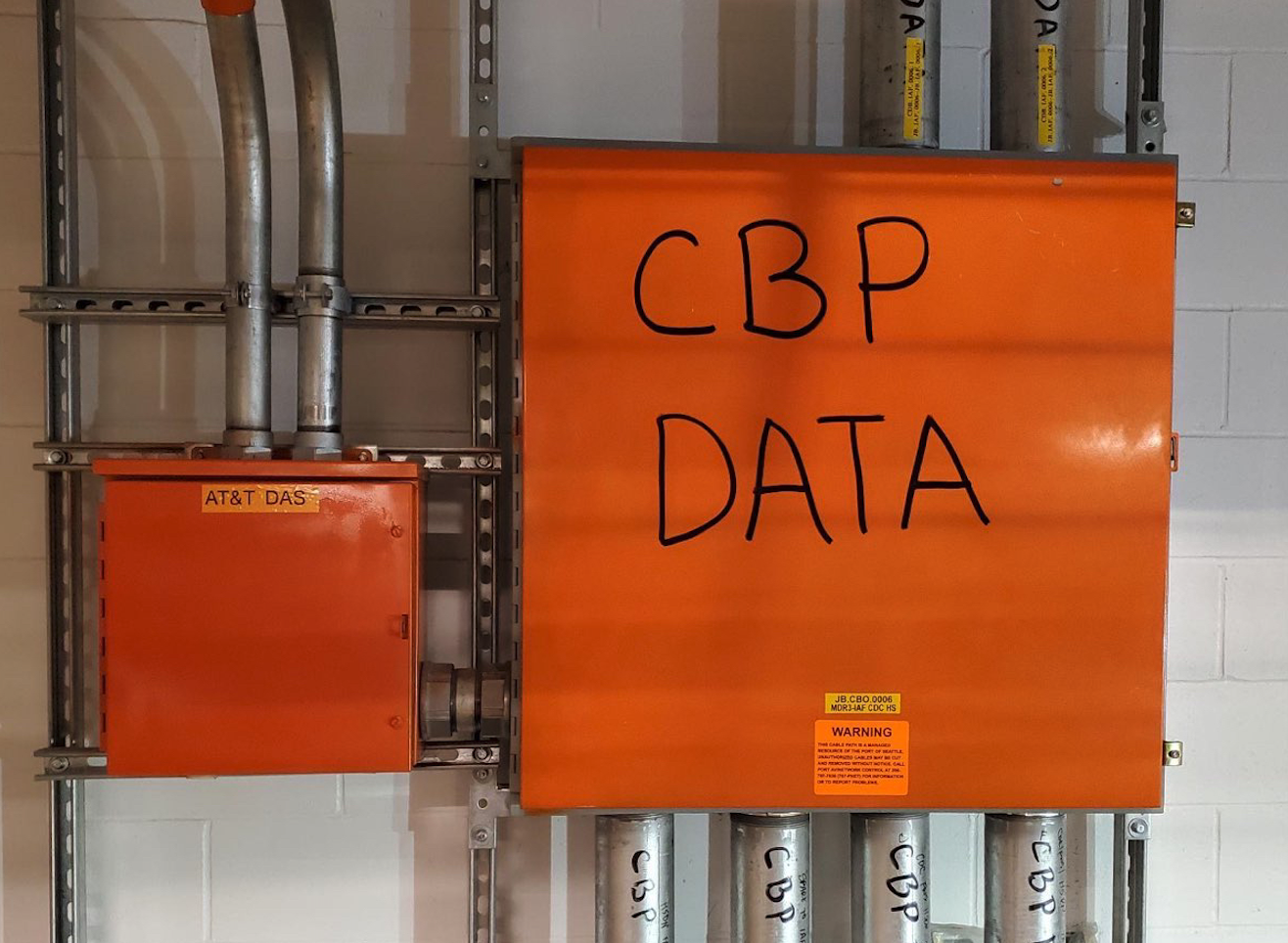Leaked Email: CBP Tells Airports Its New Facial Recognition Target is 75% of Passengers Leaving the US
www.404media.coSummary
-
Customs and Border Protection (CBP) is increasing its target for scanning passengers with facial recognition as they leave the U.S. from 40% to 75%.
-
The new goal will be implemented at the end of this month.
-
CBP is changing its metric for measuring progress from the percentage of flights that have at least one biometrically processed traveler, to the percentage of passengers who are biometrically processed.
-
CBP says that the change in metric is more accurate and provides a more complete picture of how robust biometric exit processing is on a national level.
-
The Congress-mandated goal of CBP is to have 97% or greater biometric exit compliance.
-
Airlines are increasingly using facial recognition systems to confirm travelers when boarding aircraft.
-
Passengers who do not want to participate in facial recognition can opt out, but they may be asked to present travel documents or other proof of identification, and in some case, fingerprints.
-
CBP says that it will only store facial images for no more than two weeks and that it will share entry and exit data for law enforcement.
The article also mentions a case where a privacy attorney was told by airline staff that she had to participate in facial recognition, even though she had a right to opt out. This suggests that there may be some confusion among airline staff about the rules surrounding facial recognition.
Interesting Passages
A June 2017 CBP document explains its “Biometric Exit Process” for passengers: “All travelers are required to submit to CBP inspection upon exit. Facial images will be matched and then stored for no more than two weeks in secure data systems managed by the U.S. Department of Homeland Security in order to further evaluate the technology, ensure its accuracy, and for auditing purposes. In lieu of facial images, travelers may be asked to present travel documents or other proof of identification, and in some cases provide fingerprints.” That document adds that it could share traveler exit and entry data with other government agencies “if the situation warrants, for law enforcement purposes.”
It seems likely CBP will meet its goal for biometrically-processing 75 percent of passengers. In 2021 I obtained a cache of documents related to the airline JetBlue’s piloting of facial recognition systems. Already back then, JetBlue said it had seen more than 90 percent of customers participate in biometric boarding when it was available.
A place to discuss privacy and freedom in the digital world.
Privacy has become a very important issue in modern society, with companies and governments constantly abusing their power, more and more people are waking up to the importance of digital privacy.
In this community everyone is welcome to post links and discuss topics related to privacy.
Some Rules
- Posting a link to a website containing tracking isn’t great, if contents of the website are behind a paywall maybe copy them into the post
- Don’t promote proprietary software
- Try to keep things on topic
- If you have a question, please try searching for previous discussions, maybe it has already been answered
- Reposts are fine, but should have at least a couple of weeks in between so that the post can reach a new audience
- Be nice :)
Related communities
much thanks to @gary_host_laptop for the logo design :)
- 0 users online
- 108 users / day
- 435 users / week
- 1.32K users / month
- 4.54K users / 6 months
- 1 subscriber
- 4.62K Posts
- 117K Comments
- Modlog







I’m very confused by this. What is the justification for taking another picture? Usually government ID/passport already has a picture on it.
Unless they are pushing for full automatic ID confirmation (which is a very bad idea), the people at the boarding gate could just confirm with their eyes, no?
In addition, I could see this especially concerning for international students, foreigners and visa workers. The mentality is not to disturb the system and it is highly likely that they will submit without a fight. Those without a law background like in the article are less willing to stand there and argue.
I fear this will further create conformity for those around before take off. No one wants to be the little bugger that makes a scene or holds off the line. Plus, this will further foster such submissive mentality for international travelers (eg their friends, their family) to expect and submit to these intrusive practices without question or the possibility to repeal. Slowly this adds onto the 75% target, and then it will keep growing, to 97%, then to 100% …
With airlines, it still seems to be voluntary and justified by convenience. (https://www.businessinsider.com/american-airlines-facial-recognition-boarding-dfw-aviation-trend-2019-8)
For boarding-crossing trip related to CBP, it seems you can still explicitly opt-out, possibly incurring inconveniences. But it maybe less voluntary in the long run (also because of inconveniences.)
For foreigners needing to travel in-and-out of the US, they will always be more willing to submit to the whims of Airport/US authorities.